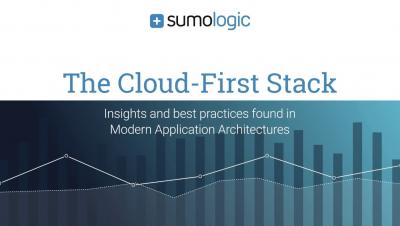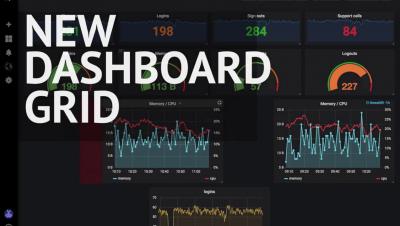Operations | Monitoring | ITSM | DevOps | Cloud
Analytics
Grafana v5.0 Alpha Preview
What's new in OpsGenie: Reporting and Analytics
Introducing Metric Forecasts in Datadog
What do Conversion Ratios have to do with Site Reliability?
You have no doubt heard of Google Analytics and will be familiar with conversion or goal tracking. If you haven’t, it is a method used to measure goals and KPI’s. That is of course the well known use case, but very often we see web teams using conversion tracking to also identify site problems. Many eCommerce teams will monitor their sites sales conversion ratio and if it drops they will instinctively know that there is a problem.
Ruby logging best practices and tips
Ruby is an opinionated language with inbuilt Ruby logging options that will serve the needs of small and basic applications. Whilst there are fewer alternatives to these than say, the JavaScript world, there are a handful, and in this post, I will highlight those that are active (based on age and commit activity) and help you figure out the options for logging your Ruby (and Rails applications).











